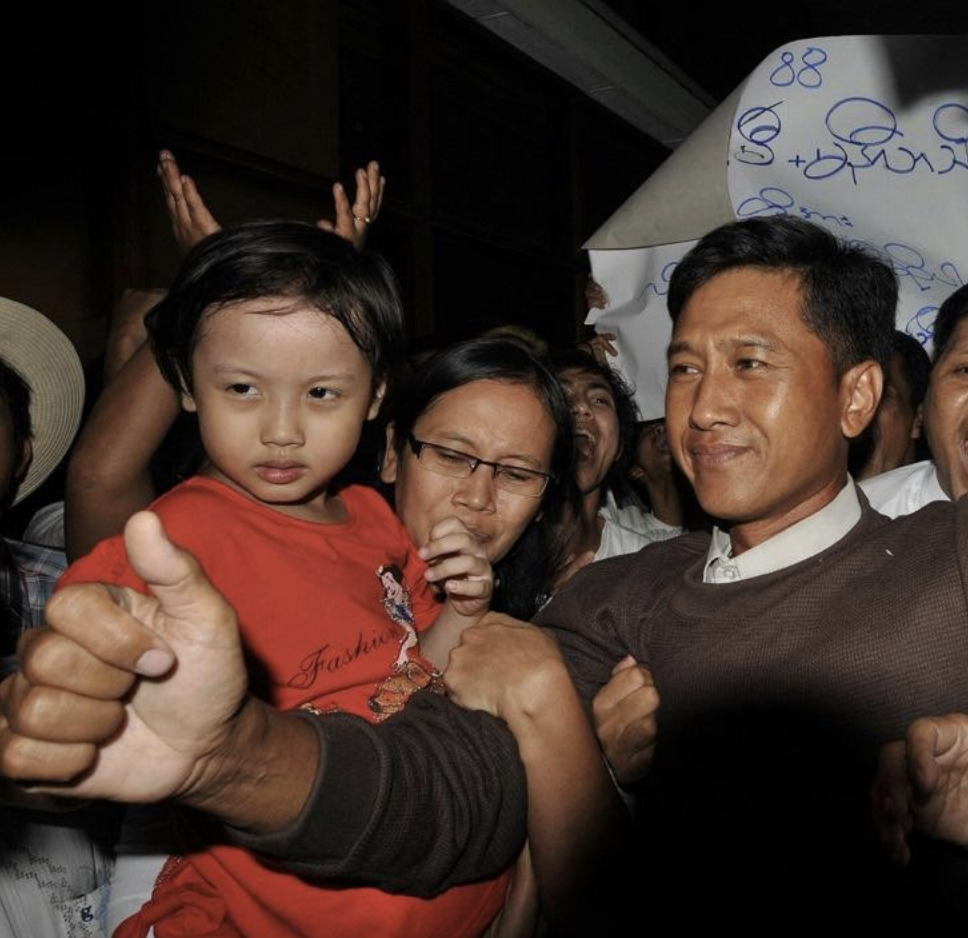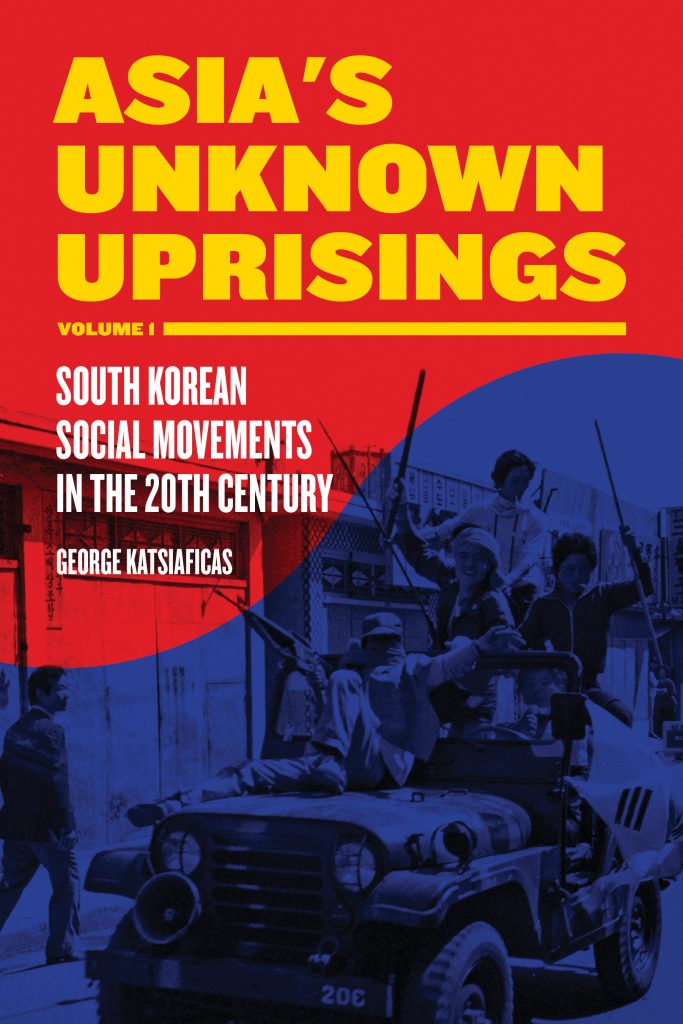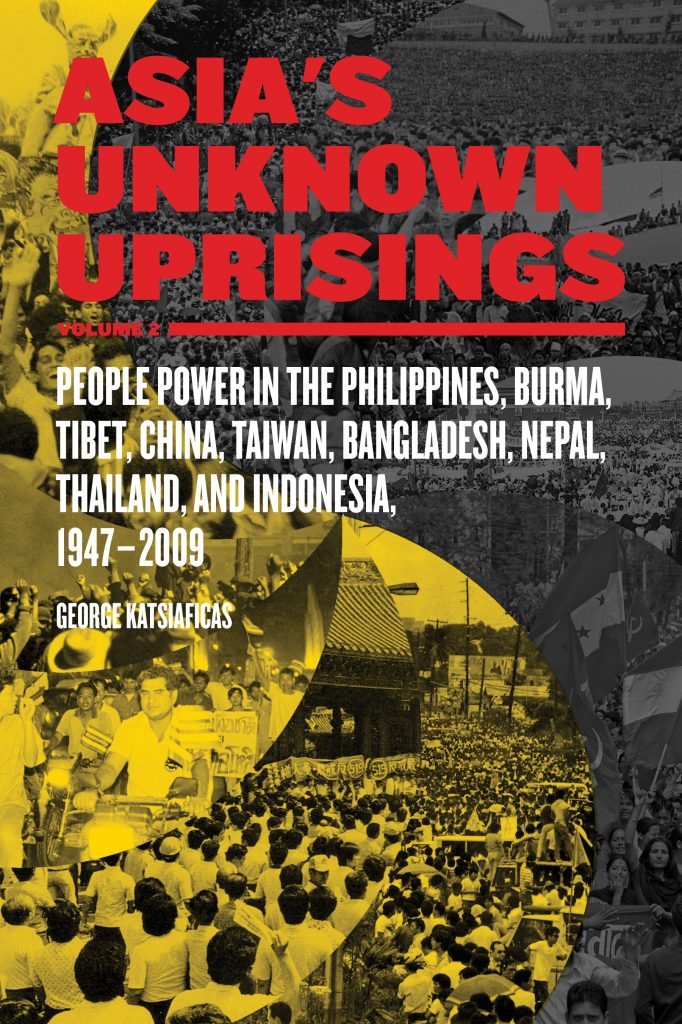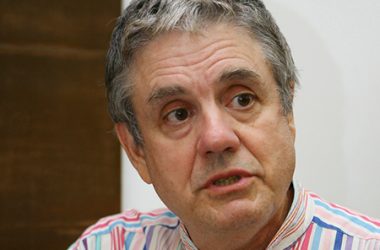By George Katsiaficas
On July 23, 2022, the military in Myanmar secretly executed four leaders of the country’s freedom movement. The martyrs’ families, like the men themselves, were not given advance notice. Final goodbyes were never said. Only after the dictatorship publicly announced the hangings two days later, on Monday, July 25, did the families and the world learn about these cold-blooded murders. To add to the pain, the remains of the deceased have disappeared.
The regime is being as brutal as possible in order to make clear that opposition to their rule will result in maximum pain and suffering. Among those killed were some of the most loved and popular leaders of the ongoing movement to overthrow the dictatorship: hip hop artist and elected parliamentary representative, Phyo Zeya Tha, leader of Generation Wave that followed the 2007 Saffron Revolution; Hla Myo Aung; Aung Thura Zaw; and Kyaw Min Yu—better known to his friends, among whom I count myself, as Jimmy.
Jimmy was the pride of “the 8888 generation.” At precisely 8:08 am on August 8, 1988, a synchronized and coordinated nationwide uprising broke out and established a de facto government. Neighborhoods governed themselves, students directed traffic, and councils comprised mainly of monks and students served as judges and peaceful arbiters of disputes. A general strike shut down the economy. But the military struck back with an iron fist, thousands of people were killed, and even more arrested. For weeks, the military roamed the country, arbitrarily murdering activists, until the general strike collapsed on October 3.
Having survived the massacres, Jimmy counted himself among the “lucky ones.” Along with thousands of other courageous souls, he was imprisoned for years. Released in 2003, after democracy had been temporarily restored, Jimmy was sentenced to another five years in prison in 2007 for leading protests against fuel price hikes. He was released in 2012 as part of a mass pardon, and we met the following year. Despite having spent nearly 20 years in prison, he exuded happiness and confidence. When he walked smiling down the street, strangers bowed with respect and admiration. His colleagues treated him with affectionate attentiveness.
Jimmy, after his release from detention in 2012. Credit: Soe Than Win/Agence
France-Presse — Getty Images
I asked him how it was possible that, unlike so many others whom I’ve known that had spent years in prison, he was able to emerge with such dignity and ebullience. His smile broadened as he replied, “You must understand. Yes, we were the ones sentenced to prison, but the warden had to ask me and my colleagues if he wanted anything done. The prisoners all respected and listened only to us. Inside the prisons we had the power, and the warden was our servant who carried out tasks we assigned him. Actually, we felt pity for the warden,” he grinned.“ Continuing in a more sober tone, he told me that poems written to him almost daily by his wife, who was also imprisoned, had sustained his emotional well-being.
Jimmy chose his nickname because of his admiration for the human rights policy of US President Jimmy Carter. He and I had more than one go round about this! Our many laughing banters back and forth saw him chiding me for not accepting that the US could play a progressive role in the world, while I brought up the Carter administration’s bloody suppression of the 1980 Gwangju Uprising in South Korea, secret support for Pol Pot, and stepped up military aid to Indonesia after the genocide in East Timor. Jimmy jokingly announced to his colleagues that I was the enemy of my own government, which they regarded as a friend.
That’s Jimmy to my right. Yangon June 20, 2013.
How ironic that the country Jimmy admired is doing so little for the democratic aspirations of the people he died for. The U.S., unlike the European Union, has yet to recognize the National Unity Government (NUG) made up of elected officials overthrown by the military junta that’s now refusing to give Jimmy’s family his ashes.
When I probed Jimmy’s loyalty to Aung San Sui Kyi, he stated simply that she was the leader chosen by the people, that he would follow her as long as her leadership was popularly accepted. Today it is the NUG and its armed wing – the People’s Defense Forces – that represent the popular will of the people of Myanmar.
At our final face to face meeting, he came to my hotel to give me a copy of his wife’s poems that had just been published as a book. Even though it was in Burmese and I could not read a word of it, his gift and kind inscription touched me greatly.
Jimmy was arrested for the final time on October 23, 2021, eight months after the military again overthrew a constitutionally elected government. In January of this year, he was sentenced to death along with more than one hundred others, but few believed the sentences would be carried out. Capital punishment had not been used in his country for more than three decades.
Since learning about his execution, I haven’t been able to talk much. I’ve lost loved ones and friends to diseases including AIDS and drugs and violence. Unjust state-sponsored execution is probably the very hardest category of death to come to terms with. I alternate between burning anger and deep grief but I know what direction Jimmy would tell me to take, activism to continue the struggle for which he paid the ultimate price.
August 1, 2022, Oakland, California
George Katsiaficas is author of Asia’s Unknown Uprisings.





